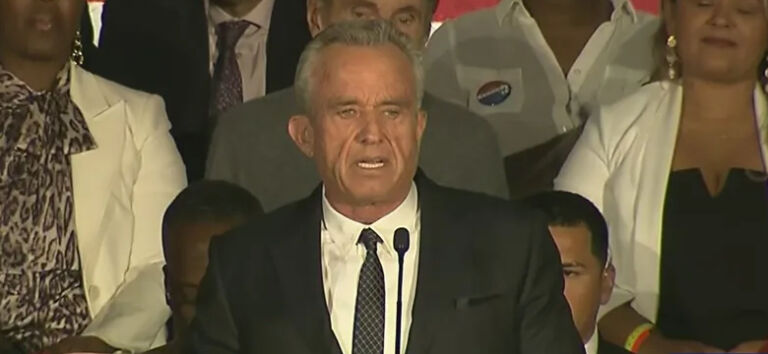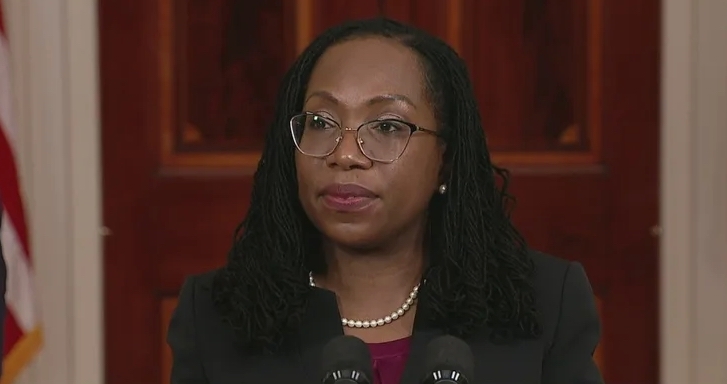Lee Fang writes for the New York Post about a disturbing development in the realm of online censorship.
Half a century ago, George Orwell, writing on literary censorship, wrote that “unpopular ideas can be silenced, and inconvenient facts kept dark, without the need for any official ban.”
That dynamic now broadly extends to an opaque network of government agencies and self-proclaimed anti-misinformation groups that have repressed online speech.
There’s no official ban on discussing the efficacy of COVID-19 vaccines or criticizing American involvement in the Ukraine-Russia war, but editors and journalists have realized that writing on such topics can come at a cost.
News publishers have been demonetized and shadow-banned for reporting dissenting views and the bureaucratic means for enforcing this form of control are under increasing scrutiny.
NewsGuard, a for-profit company that scores news websites on trust and works closely with government agencies and major corporate advertisers, exemplifies the problem.
The startup was founded in 2018 and quickly gained favor among establishment voices concerned with “fake news.”
NewsGuard’s core business is a misinformation meter, in which websites are rated on a scale of 0 to 100 on a variety of factors, including headline choice and whether a site publishes “false or egregiously misleading content.”
Such an endeavor might appear as an objective public service, but the devil is in the details.
Editors who have engaged with NewsGuard have found that the company has made bizarre demands that unfairly tarnish an entire site as untrustworthy for straying from the official narrative.
The Daily Sceptic, a libertarian-leaning British site, is one such example. In a series of emails over the last two years, editor Toby Young reached out to NewsGuard, hoping to improve the Daily Sceptic’s 74.5 rating.
NewsGuard took issue with the website’s criticism of lockdowns, calling them “unnecessary, ineffective and harmful,” and cited academic literature on the topic.
Young went so far as to add postscripts to his articles, relaying the issues raised by the fact-checkers and providing additional information.


